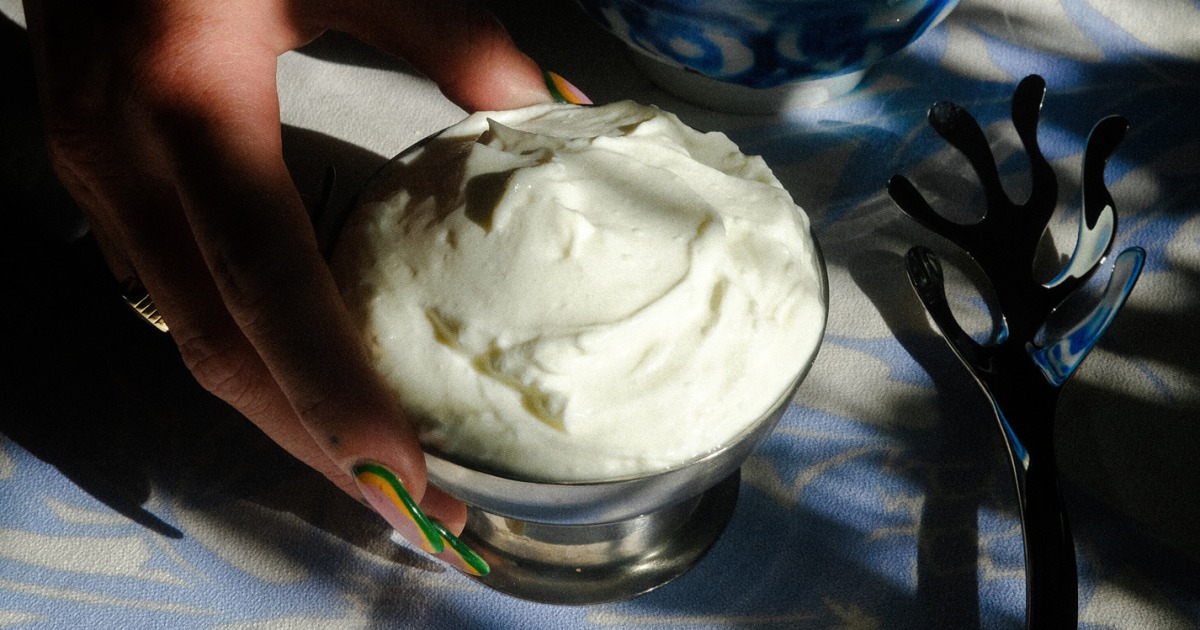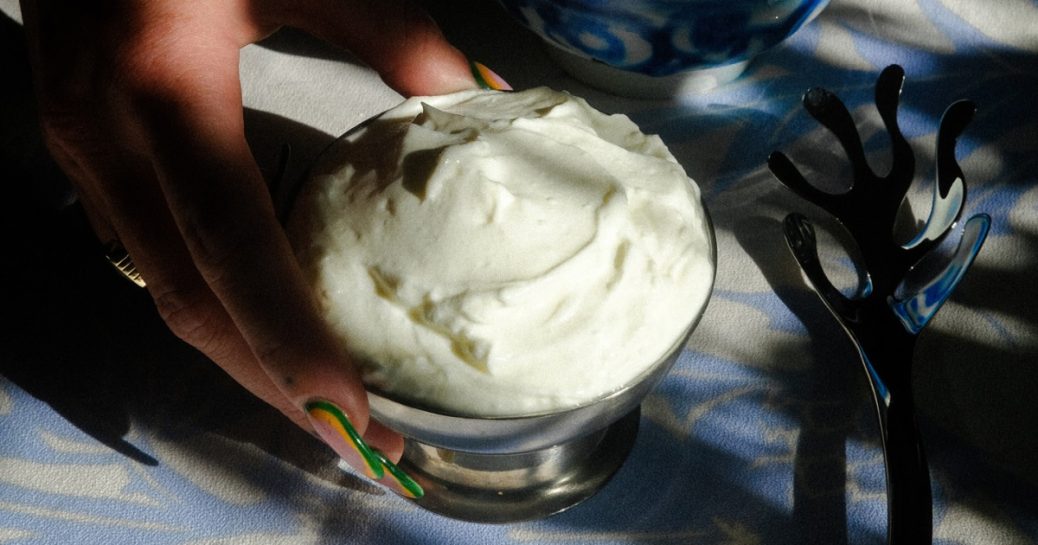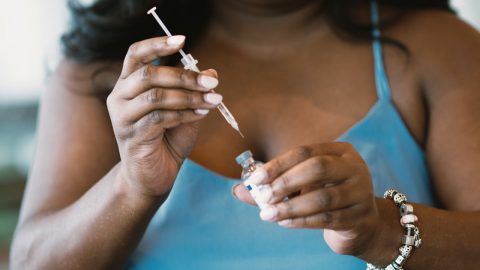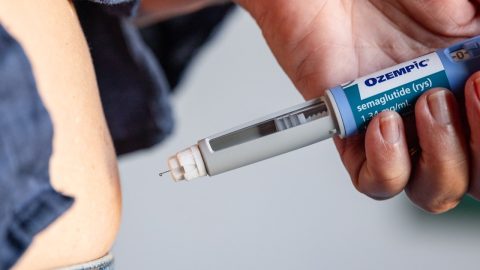
Food makers can advertise that regularly eating yogurt may reduce the risk of Type 2 diabetes without objection from the Food and Drug Administration, the agency announced on Friday.
The decision came in response to a petition that Danone North America — the food giant behind major brands including Dannon, Activia, Wallaby Organic and Silk — submitted in 2018. The company sought FDA acknowledgement that it would not object if Danone marketed yogurt as able to reduce the risk of Type 2 diabetes.
The FDA confirmed on Friday that it will not oppose the claim, with some caveats. Any language to consumers must note that the evidence is limited and that eating two cups (three servings) of yogurt per week is the threshold for reducing the risk of Type 2 diabetes, it said.
Danone submitted its petition as part of a standard process for what the FDA calls “qualified health claims.” Such claims do not require the agency’s approval, but companies petition the FDA to define the specific language they can safely use without the agency coming after them for making false claims.
Danone’s petition cited the nutrient profile of proteins, vitamins and low sodium in yogurt, alongside studies supporting the link between regular yogurt consumption and a reduced risk of diabetes and related conditions.
“The petition also noted that the evidence supports the health effects of yogurt as a food rather than related to any single nutrient or compound and thus is independent of fat or sugar content,” the FDA said in its announcement.
Sugar and fat levels in yogurt vary widely, of course. The Centers for Disease Control and Prevention says that although some low-fat or unsweetened yogurts are low in calories and a healthy source of protein, vitamin D and calcium, flavored yogurts are often high in added sugars and should be limited. Research has long demonstrated a link between high consumption of added sugars and an increased risk of Type 2 diabetes.
Some of the evidence supporting yogurt’s health benefits comes from a 2022 study, which found that eating fermented dairy products, especially yogurt, “may offer protection against the development” of Type 2 diabetes.
Yogurt is also part of the Mediterranean diet, alongside other staples such as fresh produce, whole grains, olive oil and fish. A 2020 study found that adhering to the diet significantly reduced the risk of Type 2 diabetes. However, a 2016 study did not find any link between dairy consumption and the disease.
Dr. Dariush Mozaffarian, who provided scientific feedback to Danone when the company drafted its petition, said the FDA’s decision is sensible, “given the growing evidence for health benefits of fermented yogurt in particular.”
But Mozaffarian, director of The Food as Medicine Institute at Tufts University, emphasized that food can’t be marketed as preventing or curing a disease outright — because then it would be considered a drug.
“I think that’s actually a significant problem both for the food industry and the FDA because now that we’re learning that food actually is medicine, and food can, in some cases, treat or cure disease, there’s no regulatory pathway to get there,” he said.









Recent Comments